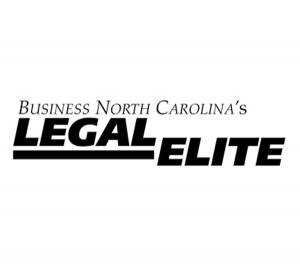The U.S. Court of Appeals for the Fourth Circuit recently held in Hengle et al. v. Treppa et al., No. 20-1062, that the Racketeer Influenced Corrupt Organizations Act (“RICO”) does not provide a private right to injunctive relief. In short, an injunction is a narrowly tailored judicial remedy that is design to prevent an ongoing harm.
The plaintiffs in the case were a class of consumers who defaulted on short term loans that had interest rates ranging from 544 to 920 percent. While the opinion primarily focused on whether the consumer loan agreements required arbitration and whether certain defendants were entitled to tribal sovereign immunity, the Fourth Circuit also weighed in on a circuit split concerning the proper statutory interpretation of RICO’s injunctive remedies provision.
In referring specifically to the text, the Court observed that Section 1944(a) “authorizes district courts to employ a broad range of equitable remedies to prevent and restrain violations of RICO’s substantive provisions.” Notably, however, that provision does not address “who may invoke the court’s remedial powers.” Section 1964(c), which authorizes private litigation, does not refer to the remedies authorized by Section 1964(a). Instead, it allows an injured party to “sue therefor” and “recover . . . damages.” The court ultimately reasoned that “[b]y authorizing the government to ‘institute proceedings under’ Section 1964 and not giving private plaintiffs the same authority, Congress expressed its intent to withhold from private plaintiffs the ability to invoke the injunctive power granted to the courts in Section 1964(a).”

